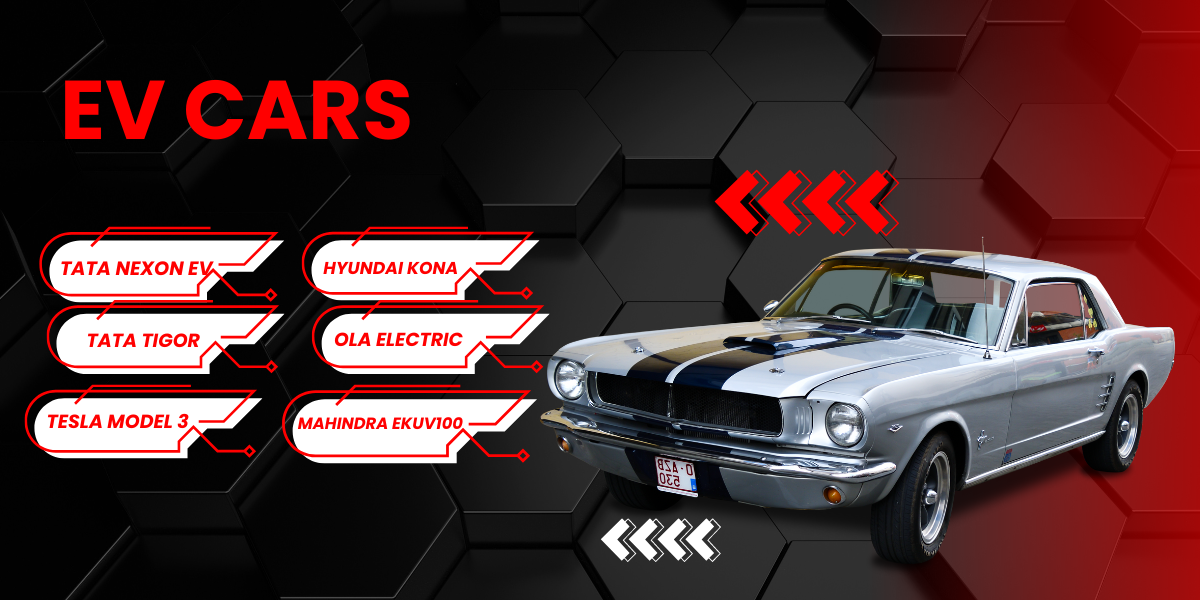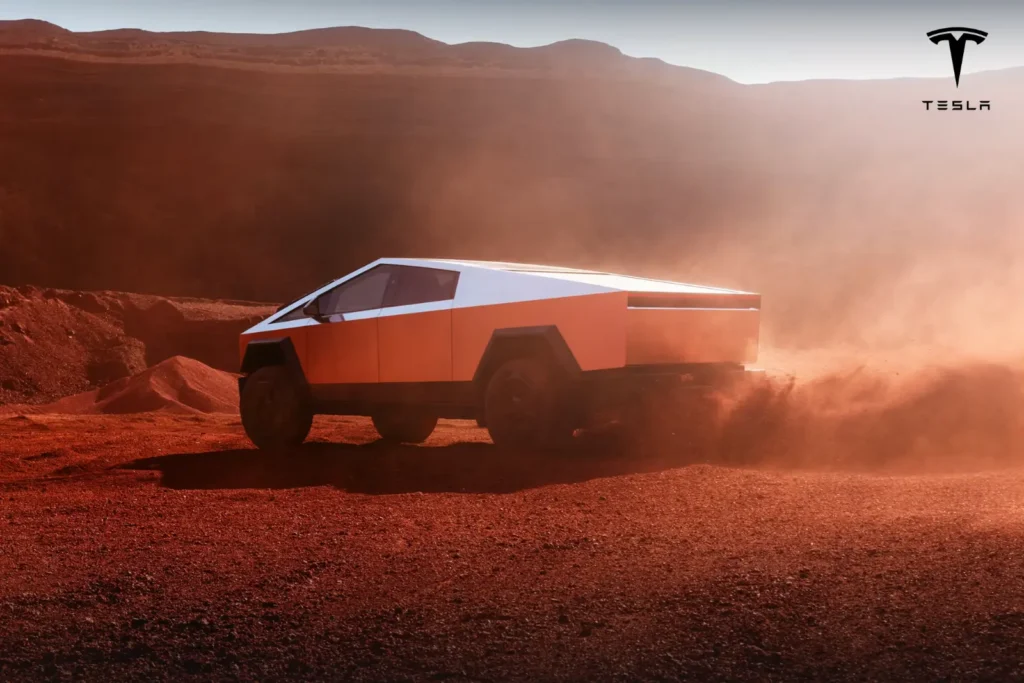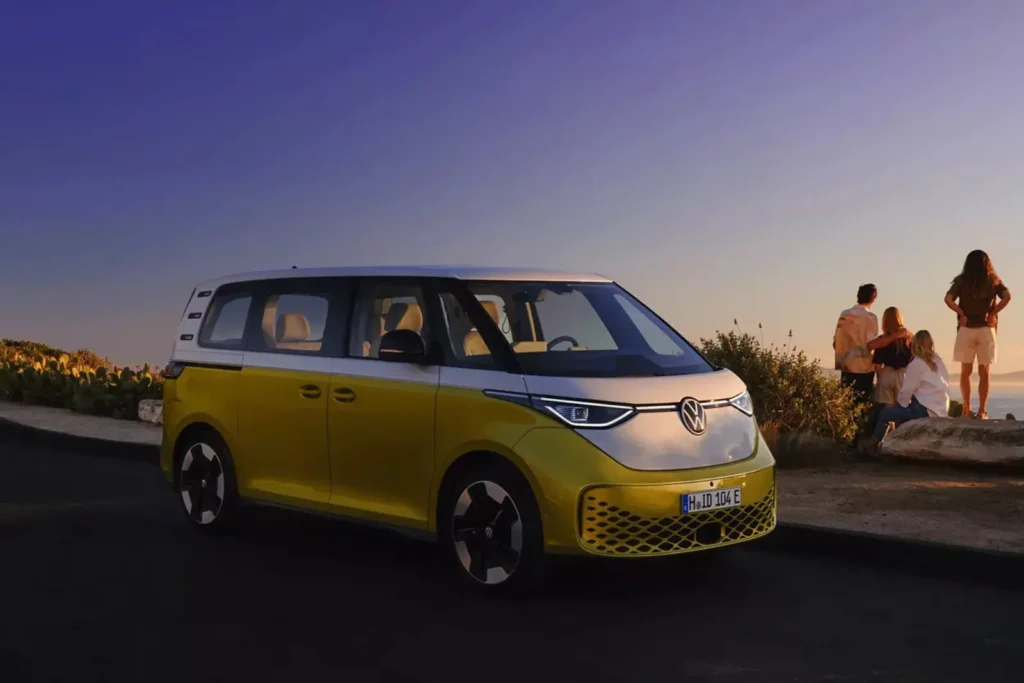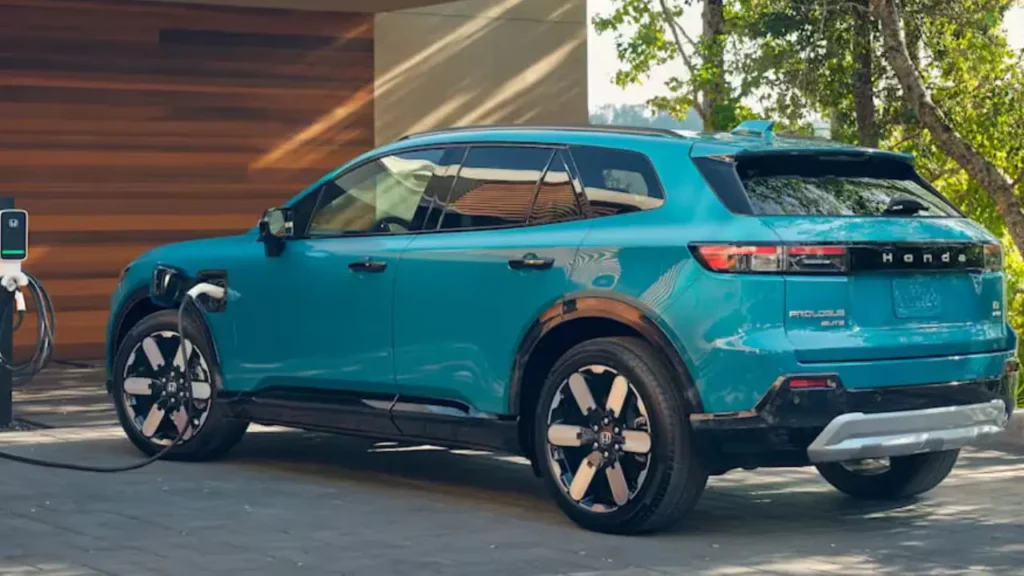Table of Contents
The electric vehicle (EV) revolution is gaining momentum worldwide, and India is no exception. With increasing environmental concerns, favorable government policies, and advancements in technology, the Indian automotive market is witnessing a significant shift towards electric mobility. This comprehensive article delves into the best EV cars in India, covering their features, performance, and value propositions. We will also address some frequently asked questions about EVs in India.
Introduction to Electric Vehicles in India
Electric vehicles have come a long way from being mere concepts to becoming mainstream options in the automotive market. The Indian government’s push for electric mobility, coupled with rising fuel prices and growing environmental consciousness among consumers, has created a conducive environment for EVs to thrive. Major automotive manufacturers are investing heavily in EV technology, and new players are entering the market, offering a wide range of options to consumers.
Best EV Cars in India
1. Tata Nexon EV
Price Range: ₹14.99 – ₹17.50 Lakh
Key Features:
- Battery Capacity: 30.2 kWh
- Range: 312 km (ARAI certified)
- Charging Time: 8 hours (Home Charging), 60 minutes (Fast Charging)
- Motor: Permanent Magnet Synchronous Motor
- Power: 129 PS
- Torque: 245 Nm
The Tata Nexon EV is one of the most popular electric SUVs in India. It offers a robust range, impressive performance, and a host of modern features. Its affordability and reliability make it a favorite among Indian consumers.
2. MG ZS EV
Price Range: ₹20.88 – ₹23.58 Lakh
Key Features:
- Battery Capacity: 44.5 kWh
- Range: 419 km (ARAI certified)
- Charging Time: 6-8 hours (Home Charging), 50 minutes (Fast Charging)
- Motor: Permanent Magnet Synchronous Motor
- Power: 143 PS
- Torque: 353 Nm
The MG ZS EV is a premium electric SUV that combines style, performance, and advanced technology. Its long range and fast charging capabilities make it an excellent choice for long-distance travel.
3. Hyundai Kona Electric
Price Range: ₹23.75 – ₹24.19 Lakh
Key Features:
- Battery Capacity: 39.2 kWh
- Range: 452 km (ARAI certified)
- Charging Time: 6 hours 10 minutes (Home Charging), 57 minutes (Fast Charging)
- Motor: Permanent Magnet Synchronous Motor
- Power: 136 PS
- Torque: 395 Nm
The Hyundai Kona Electric is known for its impressive range and performance. It offers a smooth and silent driving experience, along with a range of safety and convenience features.
4. Mahindra eVerito
Price Range: ₹10.15 – ₹10.49 Lakh
Key Features:
- Battery Capacity: 21.2 kWh
- Range: 181 km (ARAI certified)
- Charging Time: 11 hours 30 minutes (Home Charging), 1 hour 30 minutes (Fast Charging)
- Motor: 3-phase AC Induction Motor
- Power: 41 PS
- Torque: 91 Nm
The Mahindra eVerito is one of the most affordable electric sedans in India. It is a practical choice for city commuting with a decent range and a comfortable cabin.
5. Tata Tigor EV
Price Range: ₹12.49 – ₹13.64 Lakh
Key Features:
- Battery Capacity: 26 kWh
- Range: 306 km (ARAI certified)
- Charging Time: 8 hours (Home Charging), 60 minutes (Fast Charging)
- Motor: Permanent Magnet Synchronous Motor
- Power: 74 PS
- Torque: 170 Nm
The Tata Tigor EV is a compact sedan that offers a good balance of performance, range, and affordability. It is a great option for urban driving and short trips.
Emerging Players and Upcoming Models
The Indian EV market is evolving rapidly, with several new models and startups entering the fray. Some notable upcoming models include:
1. Ola Electric Car
Ola Electric is set to launch its electric car, which is expected to offer a range of over 500 km on a single charge. The car aims to provide advanced features and competitive pricing.
2. Tesla Model 3
Tesla’s entry into the Indian market has been highly anticipated. The Tesla Model 3 is expected to offer exceptional performance, cutting-edge technology, and an extensive Supercharger network.
3. Mahindra eKUV100
Mahindra’s eKUV100 is an affordable electric SUV targeted at urban commuters. It is expected to offer a range of around 150 km and come with fast-charging capabilities.
Government Incentives and Charging Infrastructure
The Indian government has introduced several initiatives to promote the adoption of electric vehicles. These include:
FAME II Scheme
The Faster Adoption and Manufacturing of Hybrid and Electric Vehicles (FAME II) scheme offers subsidies to EV manufacturers and buyers. It aims to support the development of a robust EV ecosystem in India.
State-Level Incentives
Many Indian states offer additional incentives, such as road tax exemptions, registration fee waivers, and subsidies on EV purchases. States like Delhi, Maharashtra, and Karnataka have been proactive in promoting electric mobility.
Charging Infrastructure
The development of charging infrastructure is crucial for the widespread adoption of EVs. The government and private players are working together to set up public charging stations across the country. Companies like Tata Power, EVRE, and Ather Energy are actively expanding their charging networks.
FAQs About EV Cars in India
Which Indian EV car is best?
The best EV car in India depends on individual preferences and requirements. However, the Tata Nexon EV is often considered one of the best due to its affordability, range, and performance. It offers a good balance of features, making it a popular choice among Indian consumers.
Which is the cheapest EV car in India?
The cheapest EV car in India is the Mahindra eVerito, priced at around ₹10.15 – ₹10.49 Lakh. It is an affordable option for those looking to switch to electric mobility without breaking the bank.
Which EV in India has the highest mileage?
The Hyundai Kona Electric currently holds the record for the highest mileage among EVs in India, with an ARAI-certified range of 452 km. Its long range makes it suitable for both city and highway driving.
Which electric car is ₹4.79 lakh?
As of now, there is no electric car in India priced at ₹4.79 lakh. The pricing of EVs in India generally starts from around ₹10 lakh for the most affordable models. However, with advancements in technology and increasing competition, more affordable options may become available in the future.
Conclusion
The electric vehicle market in India is on the cusp of a major transformation. With a growing array of options, favorable government policies, and expanding charging infrastructure, the future of electric mobility looks promising. Whether you are looking for an affordable city commuter or a premium electric SUV, there is an EV for everyone in India. As technology continues to evolve, we can expect even more exciting developments in the EV space, making it an ideal time to consider switching to electric.












